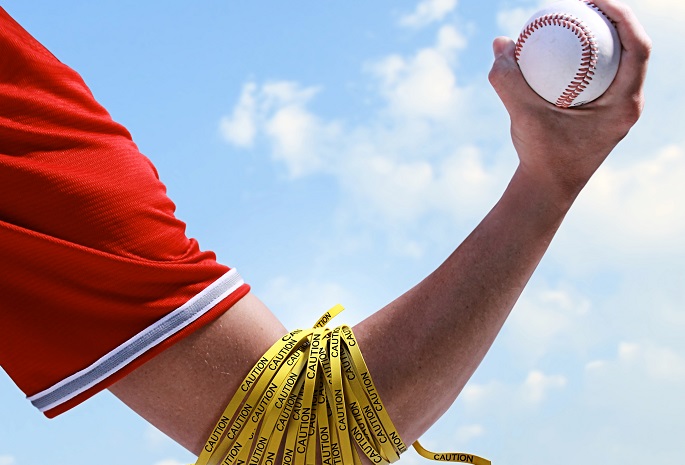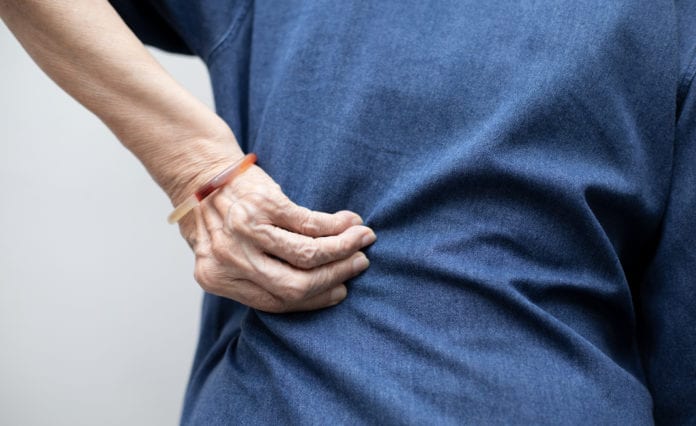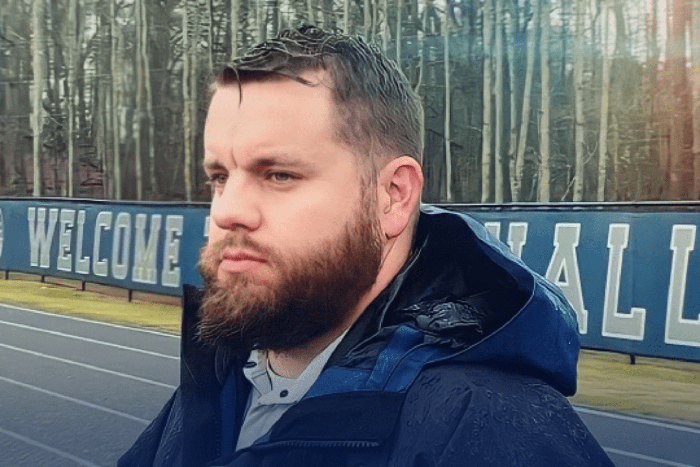Q: How does your work with the Atlanta Track Club contribute to your efforts with the Olympic team?
The Atlanta Track Club Elite team has 14 athletes training for the Olympics, and that number is expected to grow. I worked with the Atlanta Track Club coaches and high-performance director to form a relationship with Emory Sports Medicine Center to better support their elite athletes.
Three years ago, the Atlanta Track Club created the medical director position for their Elite team. Since then, Emory has developed a medical support team that includes physical therapists, athletic trainers' chiropractors, sports nutritionists and sports psychologists. We meet regularly with coaches and the director to discuss any potential injuries or issues. We leverage collaborations to keep our athletes as healthy as possible, limiting the impact of illness and injury. And we ultimately hope to prevent illness and injury.
As a result of this initiative, we’ve had healthier, competition-ready athletes from the Atlanta Track Club. In this year’s Olympic trials, we had five athletes. In 2021, we had one or two. The ability of the Atlanta Track Club Elite members to be strong competitors has been steadily increasing largely because we’ve been able to keep them healthy.
Q: What are your responsibilities with the USA Track and Field team?
 My role in this Olympics is twofold. I was the medical director for the Track and Field Olympic trials and led a staff of medical providers. We are responsible for the well-being of all athletes competing at the Olympic Trials, the officials, personal coaches and staff from around the country. For the Olympic games, I will travel to Paris to serve as the physician for the USA Track and Field team and staff only.
My role in this Olympics is twofold. I was the medical director for the Track and Field Olympic trials and led a staff of medical providers. We are responsible for the well-being of all athletes competing at the Olympic Trials, the officials, personal coaches and staff from around the country. For the Olympic games, I will travel to Paris to serve as the physician for the USA Track and Field team and staff only.
Ironically, the scope of my responsibilities during the Olympics will be narrower than at the trials. In Paris, I will be responsible for less than 200 people, and I will have another physician there with me. Sadly, Paris will be my last Olympics. While I’m still passionate about this work, I know it’s time to pull back so other providers can experience this same opportunity.
Q: What medical needs are most common among the athletes?
At the Games, illnesses are far more prevalent than injuries. Upper respiratory infections and gastrointestinal issues are probably the most common illnesses. We also frequently see lower extremity injuries, such as hamstring and quadricep muscle strains, ankle sprains, and upper extremity issues, like shoulder problems.
As a physician traveling abroad with a team, one of the biggest hurdles is getting all the medical supplies we need. When I’m here in the United States, I can call the pharmacy for a prescription or go to a drugstore for supplies. For Paris, we’ll need to bring as many supplies as possible to cover all potential mishaps and injuries.
Q: As an individual and a physician, what does it mean for you to travel to the Olympics with the athletes? Is there anything special about the Paris games?
I’m originally from Jamaica, so track and field is in my DNA. I most look forward to interacting with the athletes. I get to be one of the first people the athlete sees when they finish their event. I get to celebrate with them, and sometimes, I’m the person who’s there to console them. It’s a privilege to be a part of those moments.
Because I’ve been doing this for so long, I’ve had the extreme fortune to have seen many of these athletes grow up—from youth to junior, junior to collegiate, collegiate to professional, and even to retirement. It’s invigorating, but I’m also humbled.
Q: When you aren’t on an Olympic field, you see patients in Emory’s Sports Medicine Center. How is the program impactful?
At Emory Sports Medicine Center, sports medicine is our singular focus. As a division of Emory Orthopaedics & Spine Center, our doctors help the average person and the elite athlete get back to the activity or sport they enjoy as quickly and safely as possible. We work on the sidelines with Atlanta’s professional teams and bring that thinking and expertise to our non-professional athletes.
Emory Sports Medicine Center provides access to advanced imaging, rehabilitation and physical therapy services. All our surgeons and non-surgeons are board-certified in sports medicine, so we have specialized training to treat athletic injuries.
We also offer several specialized sports medicine programs. I lead the Emory Running Medicine Program, which is open to runners of all ages and skill levels. Before the Peachtree Road Race each year, we hold a running medicine symposium that is open to the public. Five or six providers that specialize in running are available to address attendees’ running needs.
Q: What types of innovative treatments does Emory Sports Medicine provide?
We’re doing our most innovative work around cartilage biologics and regenerative medicine. Several surgeons are investigating ways to preserve or repair damaged cartilage. Many of our non-surgical providers work with regenerative medicine biologics like platelet-rich plasma (PRP) and stem cells. These efforts address cartilage damage that hasn’t responded very well to conventional medications or physical therapy alone.
Q: Why should someone choose Emory Healthcare for their sports medicine or orthopaedic care?
Our doctors care for professional teams and collegiate athletes. We bring this expertise to all the patients we see that want to get back the activities they enjoyed prior to injury. For more complex issues, we specialize extensively, ensuring our patients benefit from physicians with focused areas of expertise and with the development of world-class skills. Emory is the only sports medicine practice in the metro area affiliated with a medical school and offers highly sought-after orthopaedic surgery residency and fellowship programs. We train the next generation of sports medicine experts. We also do the most research on sports injury prevention and innovative treatment. It’s because of all these things that the Emory Sports Medicine Center is at the leading edge in helping people stay active and thrive.
Find Relief from Sports-Related Injuries with Expert Care
If you are suffering from a sports-related injury, make your health a priority and talk with one of our sports medicine specialists. Our experts can provide tailored treatment options to get you back to feeling your best. Schedule your appointment online or call 404-778-3350


 My role in this Olympics is twofold. I was the medical director for the Track and Field Olympic trials and led a staff of medical providers. We are responsible for the well-being of all athletes competing at the Olympic Trials, the officials, personal coaches and staff from around the country. For the Olympic games, I will travel to Paris to serve as the physician for the USA Track and Field team and staff only.
My role in this Olympics is twofold. I was the medical director for the Track and Field Olympic trials and led a staff of medical providers. We are responsible for the well-being of all athletes competing at the Olympic Trials, the officials, personal coaches and staff from around the country. For the Olympic games, I will travel to Paris to serve as the physician for the USA Track and Field team and staff only.


